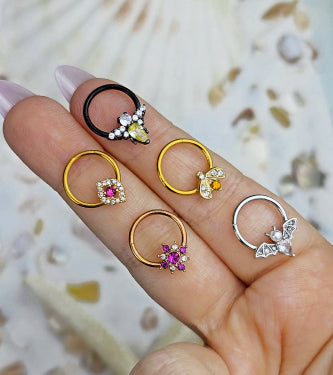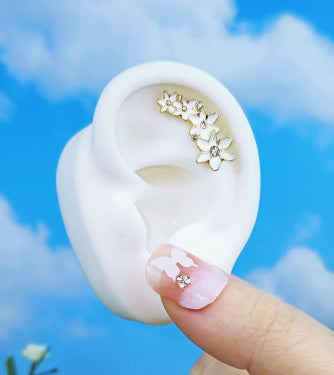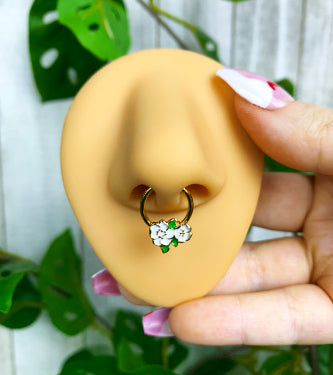Dreadlocks have become a cornerstone of modern alternative fashion, a statement absorbed and encouraged by persons from a multitude of cultures and ethnic backgrounds. But how did the dreadlocked style come to prominence, especially in a distinctly clean cut western world? As they have been for decades, particularly in America, Australia, and the UK, social norms are again beginning a massive shift.
Ever since the 1960s when world travel and the turn towards Eastern religions and ideologies swung skyward, an absorption of Asian philosophies and customs has been slowly occurring amongst all following generations of American youth. From yoga, to ayurveda, veganism, and meditation, India has been one of the most influential regions, which correlates in many ways to the revival of dreadlock culture. Many Indian holy men, street magicians, and gurus have long embraced dreadlocks as an important facet of their spiritual existence.
 a female Indian sadhu (holy person) embracing western travelers
a female Indian sadhu (holy person) embracing western travelers
Another important element of the rise of dreadlocks in association with youth subcultures is the return of different ethnic groups to their roots in Africa, Haiti, Jamaica, and elsewhere. Many North African tribes, including the Maasai and even earlier Egyptian groups, were known to wear dreadlocks of various styles and sizes, usually created by dressing and shaping the hair with some combination of clays, natural oils, or animal fat. Equally in both Jamaica and Haiti, the style has been linked with a variety of lifestyles and subcultures, including the now rebounding Rastafarian spiritual community.
 punk, rastafarian, and glamour style dreadlocks
punk, rastafarian, and glamour style dreadlocks
Dreadlocks can be created in many different ways, and much of their initial shaping and care depends upon ethnicity and the texture of the hair. Some of the most common methods of dreadlocking include the neglect method, the back combing method, and the braid training method. “Neglect method” is a term used to describe the style of organic or natural dreadlocking which involves a lack of brushing or combing, a reduction in conditioner usage, and lots of patience as the hair naturally knots together into locks of varying sizes.
Although it’s widely believed that dreadlocks are either the result or cause of a lack of hair care, this is only a misconception. Depending on the style of dreads and texture of the hair, the wearer will usually wash their do anywhere from three times a week to once every ten to fourteen days. Many seasoned dreadheads use a combination of shaping tools and natural hair products to keep their look pristine, including everything from foam rollers, to crochet hooks, argan oil, and cocoa butter.
As far as looks go, the locks themselves can boost almost any alternative look, and are seen in just about every fashion and modification subgroup including cyber goth, grunge, rainbow (hippie), scene, new age, punkabilly, steampunk, and so many more. Perhaps it’s that versatility that has ultimately led to their modern style rebirth.





